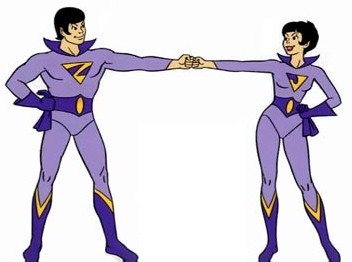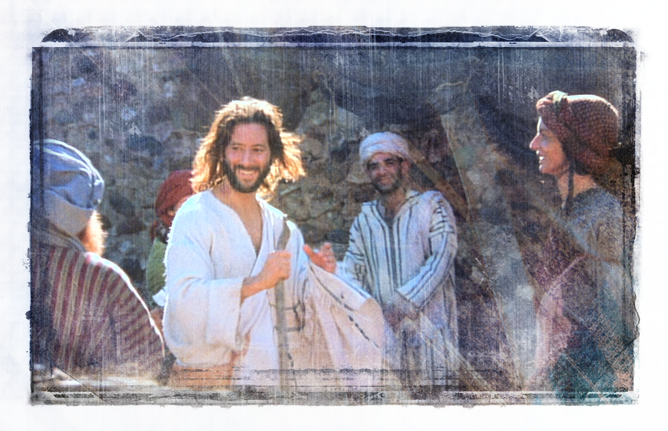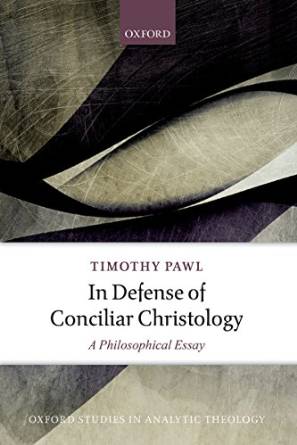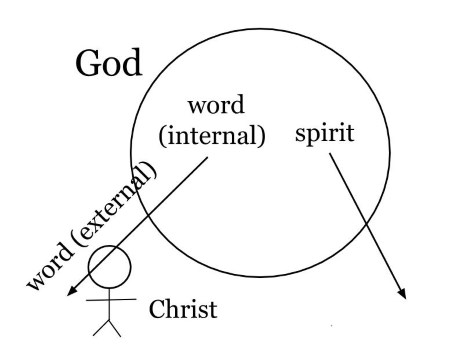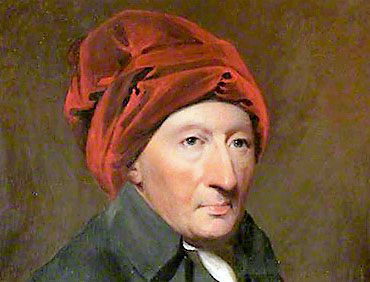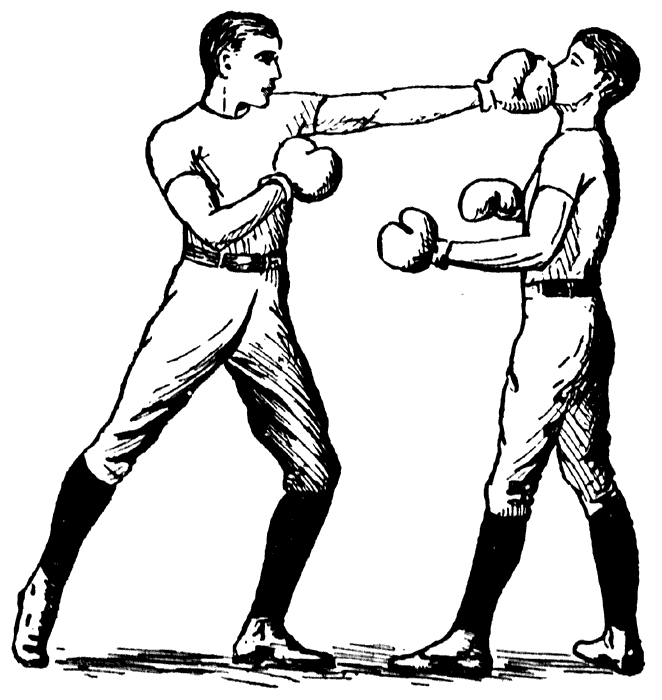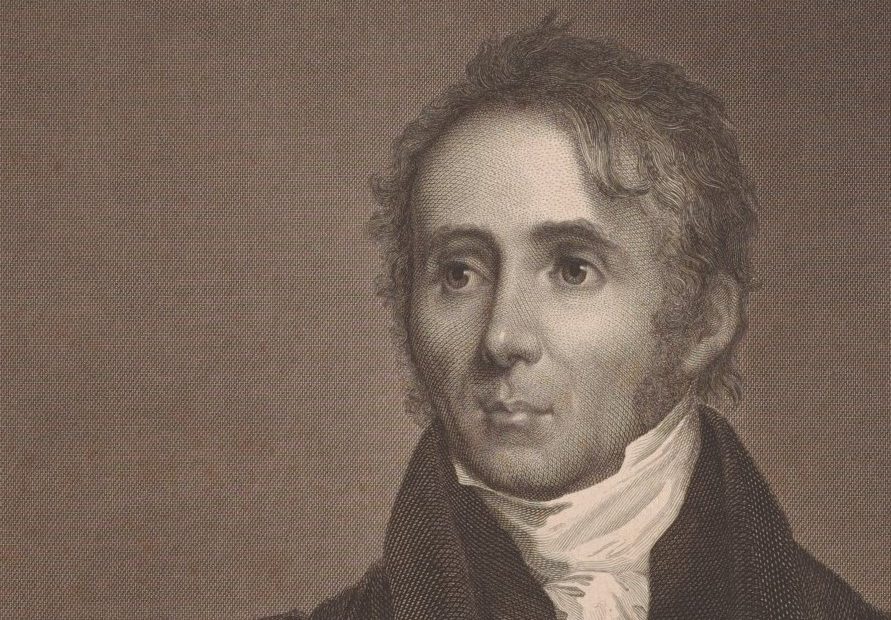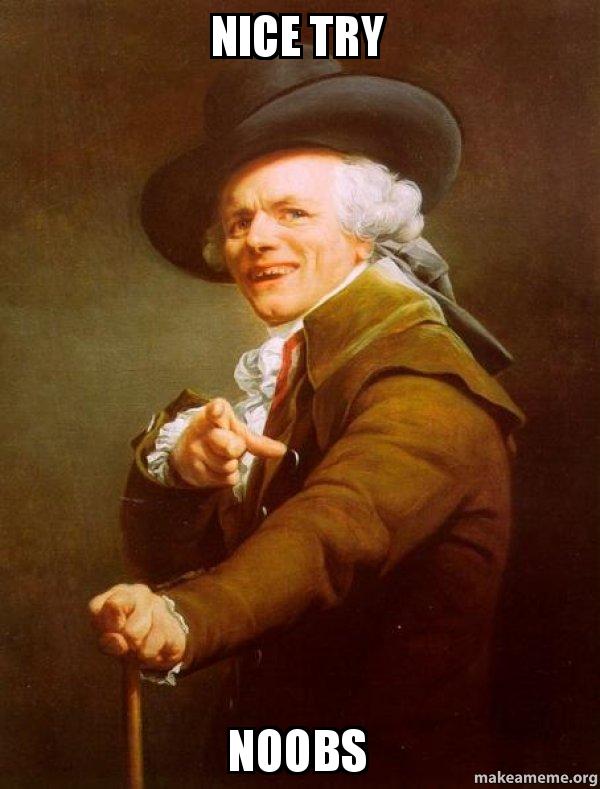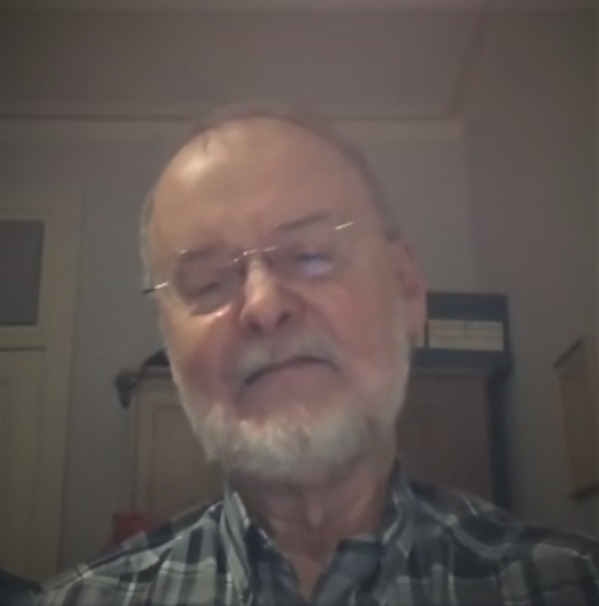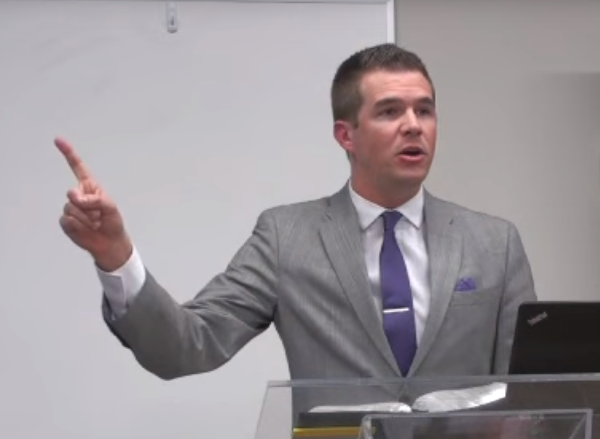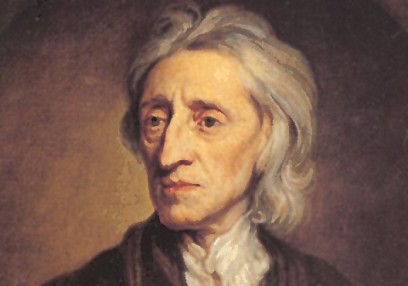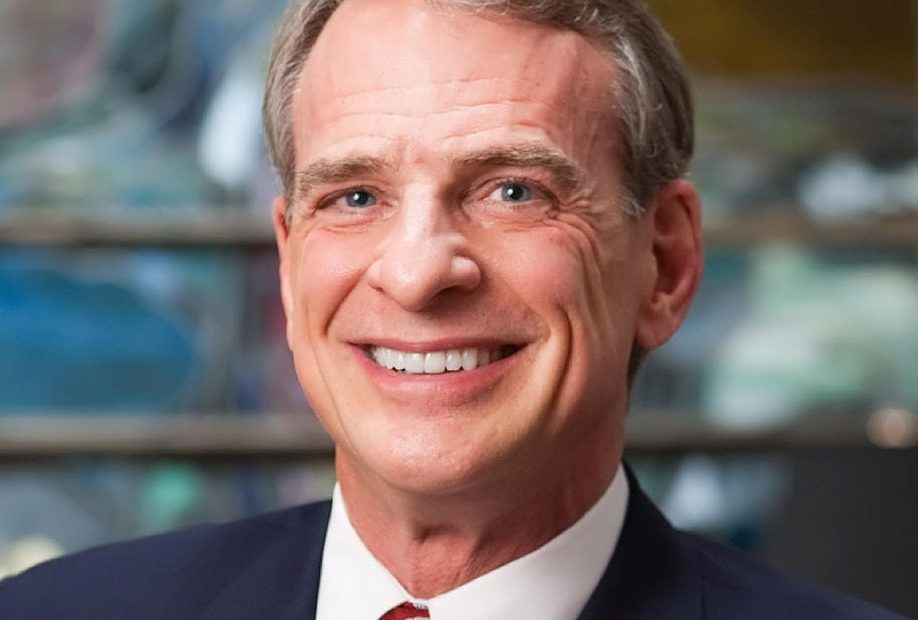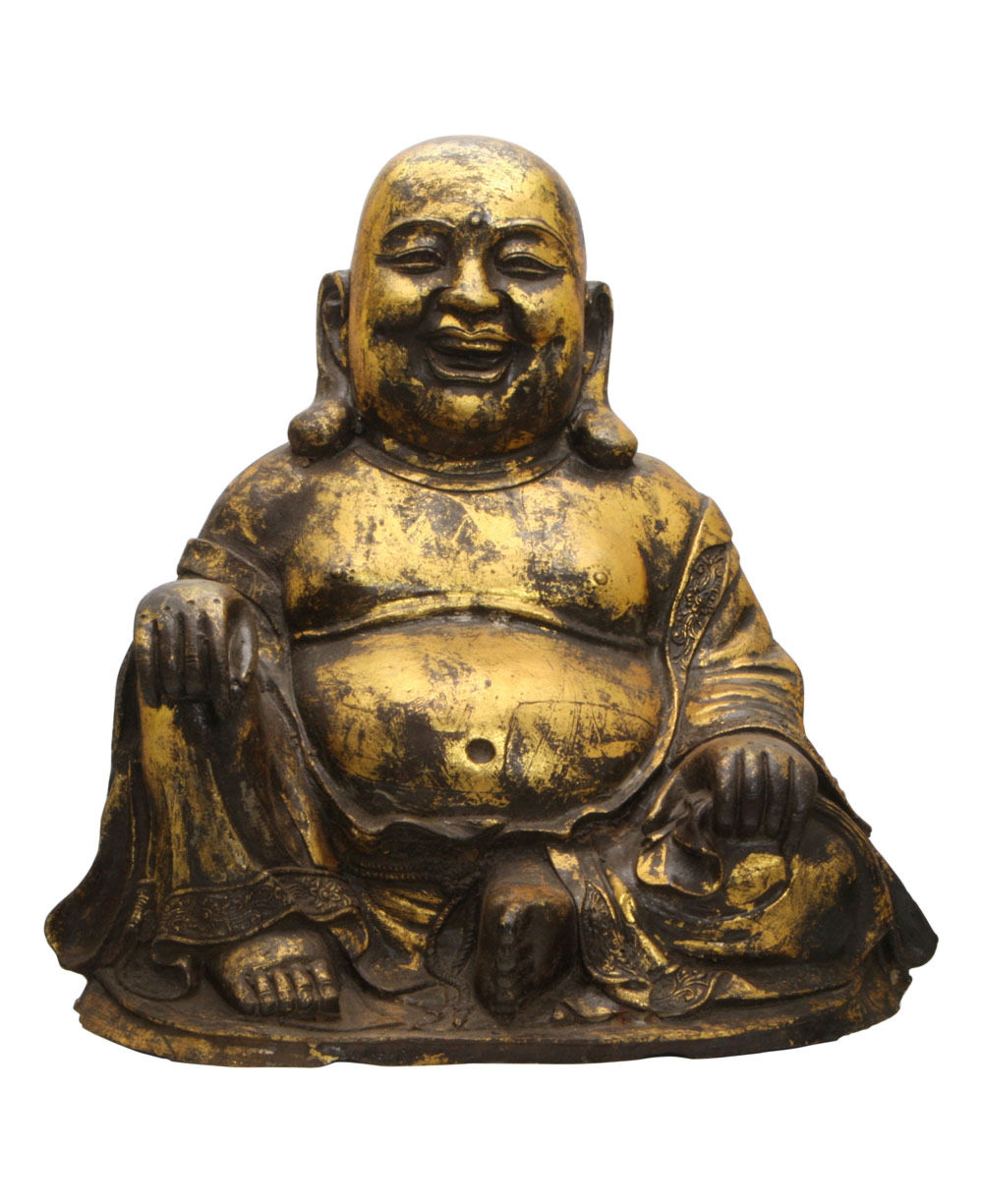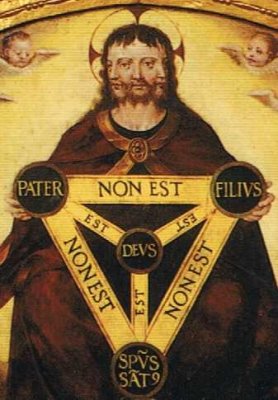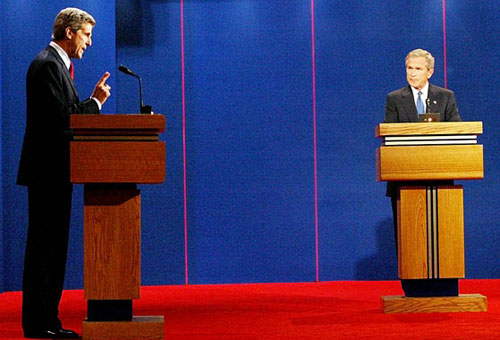
“All we need is one substance to cure the ills of our society!” “I have personal experience with substance abuse, and it is wrong.”
Before I start a mini-series on the Trinitarian thought of Henry of Ghent, I thought it would be good to offer a brief survey of the late 13th c. landscape. This is way too brief and fairly focused, but hey, you’ve got to start somewhere. As the scholastics would say, you cannot will to do something, unless you have some sort of knowledge. No voluntary action without knowledge, however imperfect or confused that knowledge is! (As an aside: Jean-Luc Marion, a contemporary philosophical-theologian and former student of Jacques Derrida contests this medieval Aristotelian claim, and argues that acts of will –i.e. to love- does or can precede any knowledge.)
Of all the issues to discuss about the Trinity the one at hand here is the question: what causes or explains why the divine persons are really distinct from each other? We know there are three persons, and one ‘substance’/’ousia’ from Scripture and our orthodox Creeds, but is there anything that we could say that might account for why there are three, and not say five divine persons? Or even, why not say there is a potential infinity of divine persons (on some contestable account of the deification of believers)? You get my point. Why three divine persons and what makes it that there are three, no more and no less?
Read More »MMM Gone Wild at Paris! Or, the Birth of Philosophical Psychology in Trinitarian Theology (Scott)
